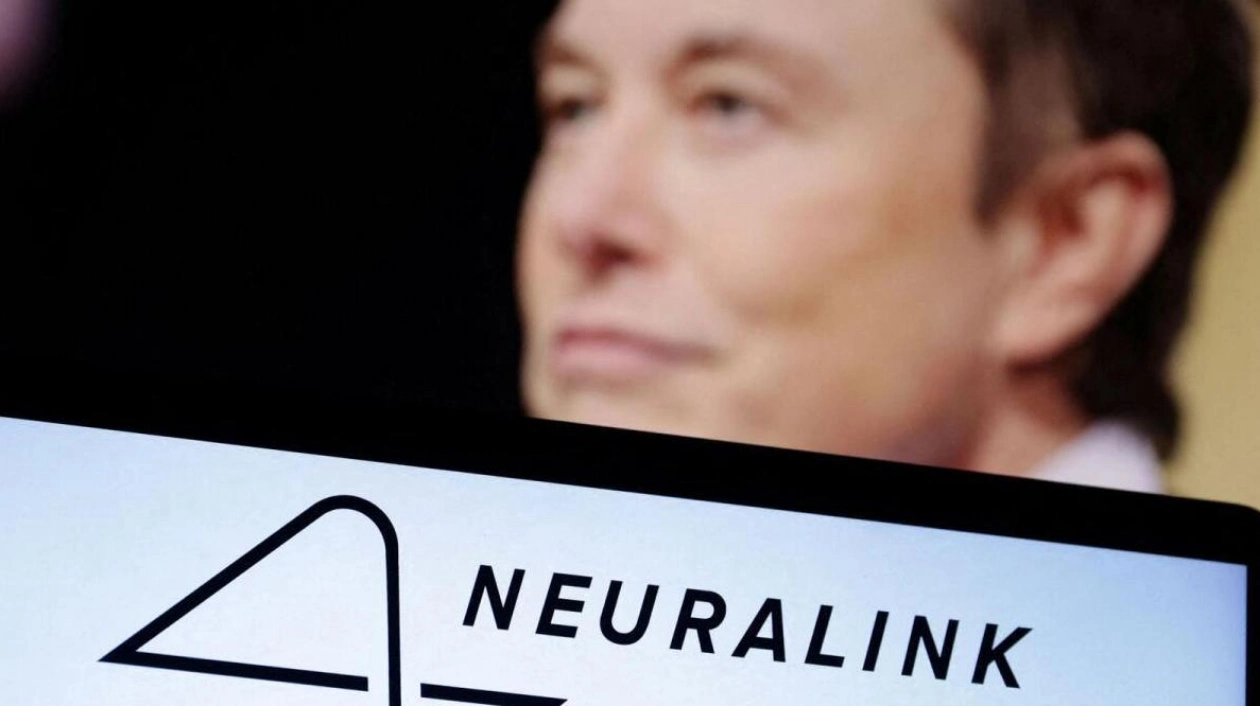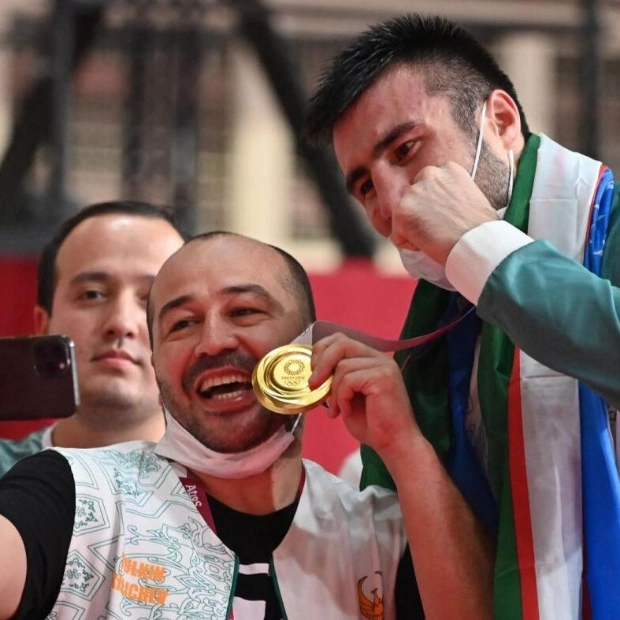Neuralink, owned by Elon Musk, has successfully implanted its device in a second paralyzed patient, enabling them to control digital devices through thought alone. The device, currently under testing, aims to assist individuals with spinal cord injuries. The first patient, who sustained paralysis from a diving accident, has been able to engage in activities such as playing video games, browsing the internet, and using social media, all by thinking. Musk revealed during a lengthy podcast that the second patient also has a spinal cord injury and that 400 of the implant's electrodes are functioning, despite Neuralink's website stating the device uses 1,024 electrodes.
Musk expressed optimism about the second implant's performance, noting the strong signals and numerous working electrodes. He did not specify when the surgery for the second patient took place but mentioned plans to implant the device in eight more patients this year as part of clinical trials. The first patient, Noland Arbaugh, discussed his experience on the podcast, detailing how the implant has transformed his interaction with technology. Prior to the implant, Arbaugh used a stick in his mouth to operate a tablet, but now he can control his computer screen simply by thinking.
Arbaugh faced initial challenges after surgery when some implant wires retracted, reducing the number of functional electrodes. Neuralink addressed this issue by enhancing the sensitivity of its algorithm, restoring the implant's functionality. Musk also mentioned that Arbaugh has set a new personal best in cursor control speed with only a fraction of the electrodes working. Additionally, Musk disclosed discussions with Republican candidate Donald Trump about forming a commission to improve government efficiency by reducing business regulations, a move he believes could foster innovation.






